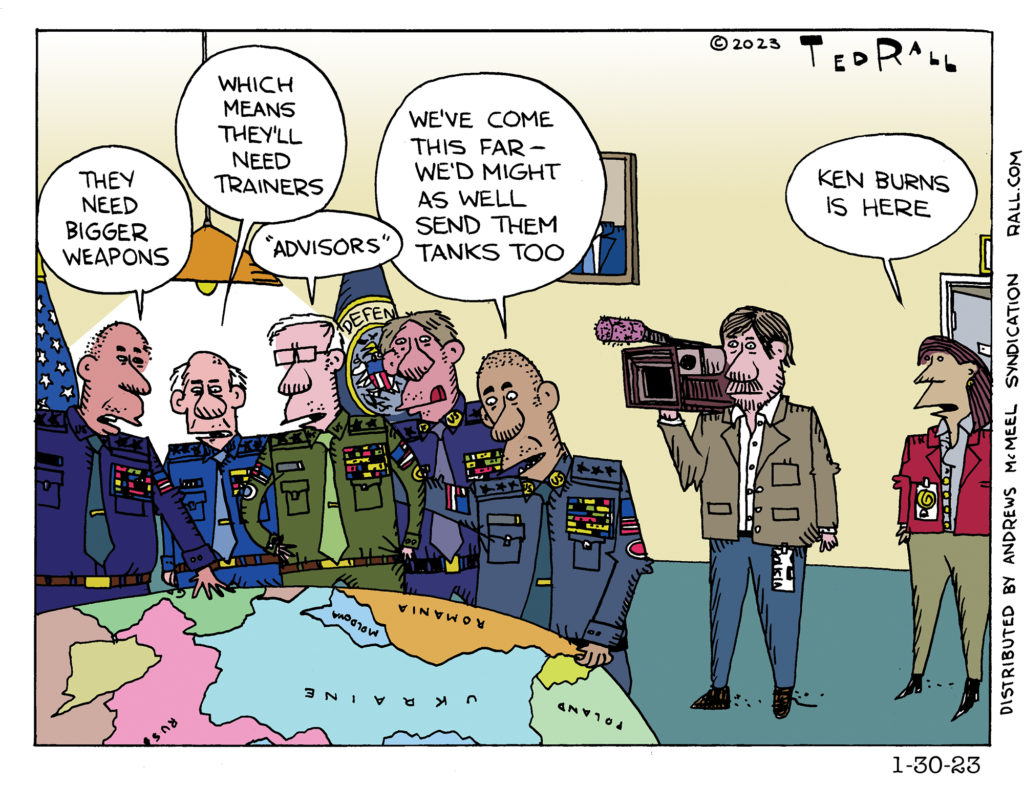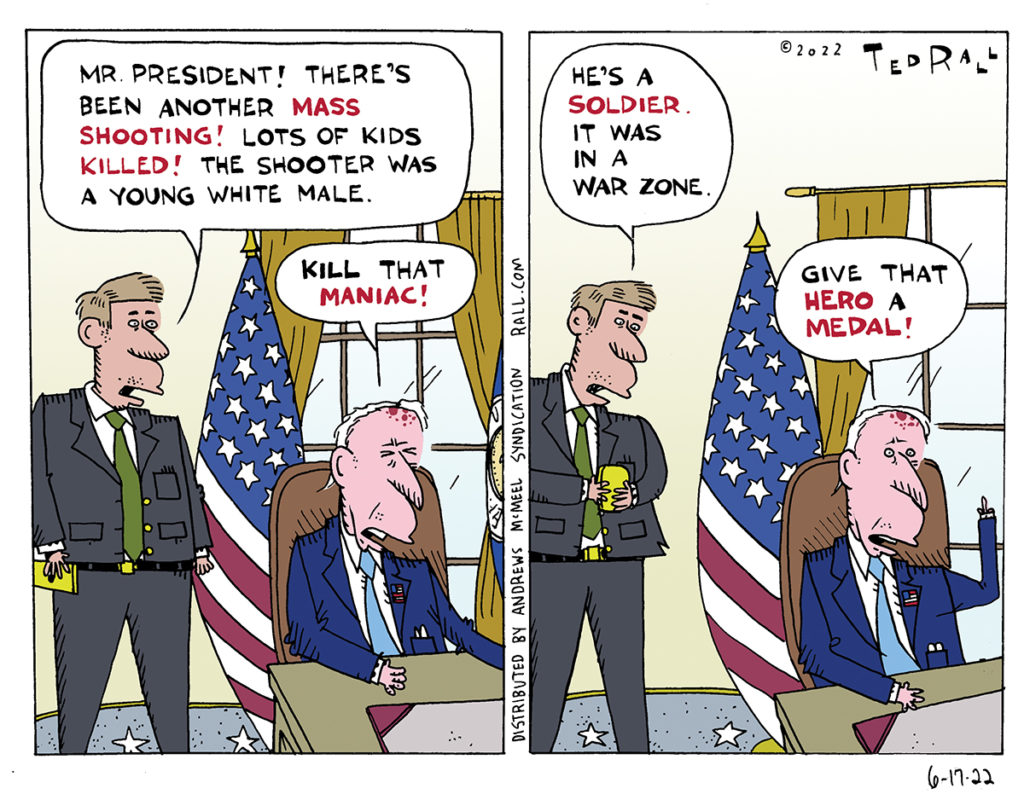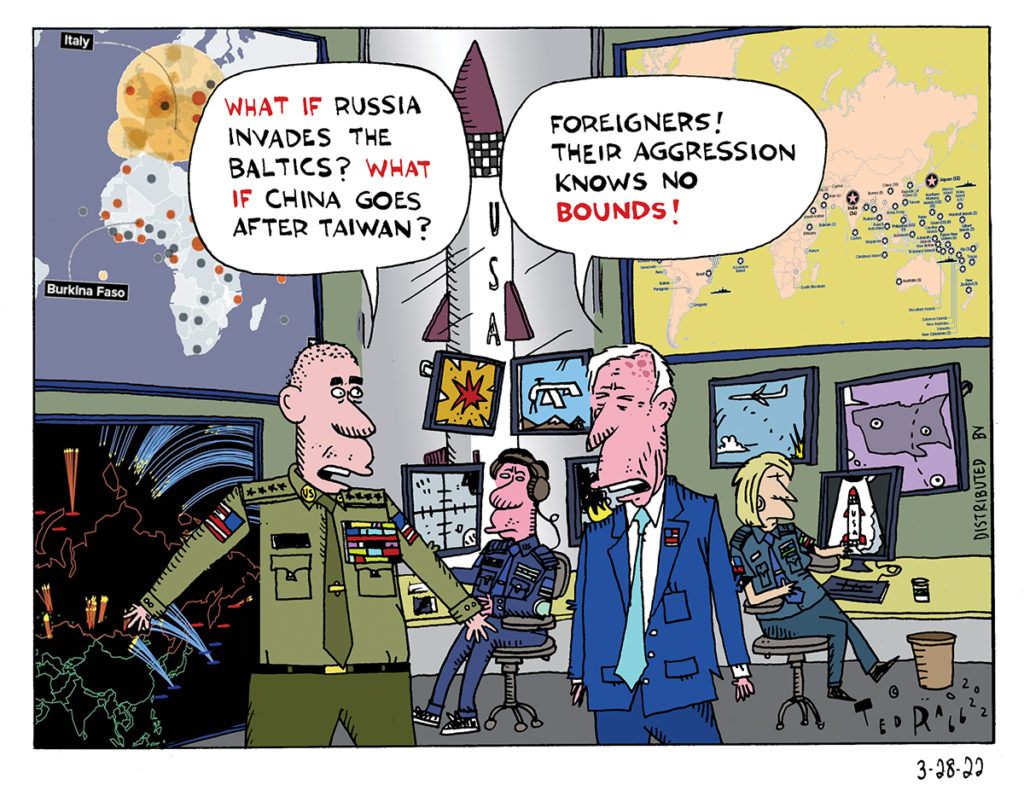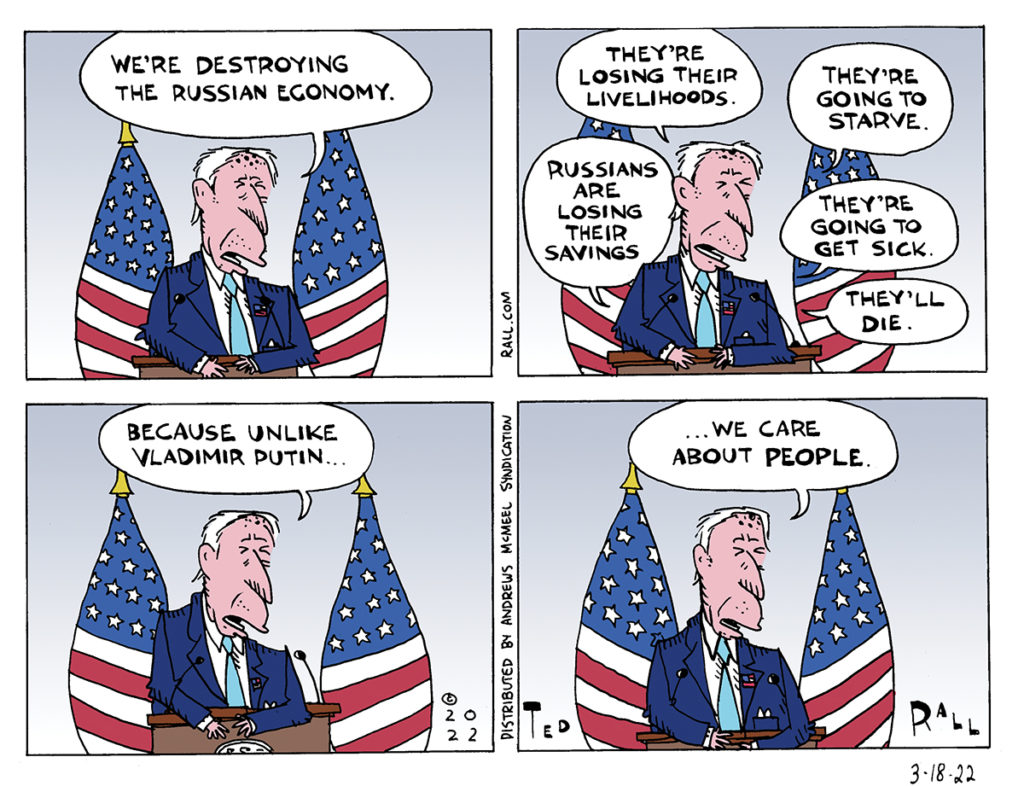
Victimhood or vengeance: choose one.
You can’t have both.
Israel is about to learn that. Supporters of Israel’s government (as opposed to Israel writ large, which includes millions of Israelis who distrust their government) ask: Why are so few people still talking about October 7th? “It is striking and in some ways shocking that the brutality of the slaughter has receded so quickly in the memories of so many,” U.S. Secretary of State Antony Blinken remarked in early November.
Hamas’ attack was vicious, claimed many victims and was so recent—how can it be that those pitiful “kidnapped” posters are falling so flat so soon?
Blame Netanyahu and his co-conspirators.
They chose vengeance over victimhood.
They had a choice. Instead of gleefully indulging themselves in an unseemly orgy of destruction and murder after Hamas killed 1,200 Israelis and took 240 as hostages, Israel’s far-right government might instead have embraced the role of victim: Weep. Express confusion. Witness the personal stories of the dead and the lost. Beg Hamas to return the people it had kidnapped.
No bombs, no invasion, no psychotic rants about “human animals” or officially-tolerated banners genocidally screaming “Zero Gazans” hanging from a bridge in Tel Aviv.
Turn the other cheek.
Precise violence would have been acceptable. A raid against Hamas’ leadership, say. A hostage rescue attempt.
Had Israel not attacked Gaza in a wholesale campaign so devastating that historians have already declared it one of the most destructive in the history of warfare, it would continue to enjoy the sympathy and support of a world which, before the IDF saturation bombing campaign began on October 8th, had abandoned the Palestinians and forgotten the brutality they’d endured at the hands of the Zionists. U.N. resolutions would currently be directed against Hamas, not Israel. The Palestinian liberation movement, theretofore dormant and close to dead, would be a non-entity. America would be as festooned with Israeli flags as it was with Ukrainian ones a year ago.
Victimhood comes with downsides. Like, you can’t ethnically cleanse a couple of million Palestinians you’ve always hated and whose land you’ve long coveted. You look weak.
Look, I get it. War is fun. It keeps you in office even/especially when you’re facing prison time for corruption. Not to mention 141 square miles of beachfront real estate—that’s a land grab far too tasty to pass up.
But vengeance too, Israel is learning, is not without its own costs.
Israel has the right and the duty to defend itself, but this is not that. We’re hearing this linguistic construction a lot, notably from careful politicians and pundits whom, pre-war, would have omitted the qualifier phrase. Even allowing for the president’s imprecise command of English, Joe Biden’s complaint about Israel’s “indiscriminate bombing” (using mostly American bombs) was remarkable.
Israel has used 2,000-pound “bunker buster” bombs to kill 20,000 Gazans and make 2 million homeless by transforming their territory into a wasteland, all while penning them inside a death zone subject to typhoid, cholera and mass famine because Israel refuses to permit food trucks to enter the territory which they have occupied and subjugated for decades. If October 7th was a horror, what Israel has wrought since is that horror hundreds of times over. There must easily be least 100,000 Palestinian bodies buried beneath countless piles of rubble.
We didn’t forget October 7th. Israel eclipsed the Hamas attack, erased it, sacrificed its survivor-hostages to its war so thoroughly that it intentionally shot three of them when they managed to escape. We’re following Israel’s lead.
The U.S. made a similar call after 9/11. I wouldn’t call it a mistake as much as a conscious decision. For the most part, with the exception of the mawkish “never forget” yellow-ribboned grief porn still adorning some police stations and oversized pickup trucks driven by a certain type of right-winger, Americans accepted the erasure of their 3,000 dead in exchange for the mindless purposefulness of Bush’s Global War On Terror, deployed in the post-Cold War period to justify everything from invading Afghanistan to arming Yemen against the Houthis.
Unlike our whiny Israeli allies, we Americans know better than to ask why the world forgot 9/11. We forgot 9/11. We made our choice and we kill with it. “We are all Americans,” Le Monde editorialized the day after; we replied thanks but no thanks, we’ll kill anywhere and everywhere and Freedom Fry you wimps. That much grace and class, we have: we own our thug life and we’re totally good with the fact that the world hates us more than ever.
Meanwhile, that giant ripping sound is Israel’s blank check being torn up.
The whining is what happens when you keep doing the same thing while the world is changing all around you and then complain about it.
Since 1948 Israel has had Big Bad Sam across the ocean to fund and arm them while running interference for them at the U.N., no matter how much Palestinian land they stole or how many Palestinians they killed. After October 7th they assumed they could keep doing whatever they wanted. Biden confirmed their assumption.
Nice run. It’s done now.
Israel no longer controls the narrative. It no longer matters that Al Jazeera is censored by American cable companies because its Gaza footage is now available on social media. Israel is no longer admired as a safe haven for Holocaust survivors because they are almost all dead and gone; for Millennials and Zoomers Israel is just another country, albeit an anachronistic, uncomfortable vestige of the settler-colonial era with a major stank of apartheid. Israel’s star is sinking.
Sympathy for the vengeful peaked out in the “Dirty Harry”-“Death Wish” 1970s, when violent retribution was expected, accepted and even admired following an unprovoked wrong. Lashing back is now as passé as old white men on a college campus.
Israel is a young country and like a teenager it wants to have things both ways, both to be loved and feared. Now that it has destroyed Gaza, love is off the table. If it is lucky, it will retain a few of its former allies as tolerant frenemies.
If you want to be admired now, you need to get yourself some victimhood status. Consider affirmative action, the politics of transgenderism and income tests for government benefits unrelated to poverty—societal benefits accrue to those perceived to have been oppressed, repressed, tortured, traumatized and brutalized by those with power, wealth and strength—the very definition of nuclear-power Israel’s status in the Middle East. After Palestinians exchanged their retributive PLO of the 1970s for an impotent PA under occupation, the global Left began to embrace their cause. October 7th, a shocking throwback to Munich and the Achille Lauro, might have shifted victimhood back to the Jewish state, at least for a time, had Netanyahu’s gang not rejected self-restraint in favor of ultraviolence and opportunism.
Israel, a nation whose architecture, general aesthetics and fashion is stuck in the 1970s, is paying the price for its failure to grasp 21st century reality:
It’s better to have people feel sorry for you than to be afraid of you.
(Ted Rall (Twitter: @tedrall), the political cartoonist, columnist and graphic novelist, co-hosts the left-vs-right DMZ America podcast with fellow cartoonist Scott Stantis. You can support Ted’s hard-hitting political cartoons and columns and see his work first by sponsoring his work on Patreon.)

/cdn.vox-cdn.com/uploads/chorus_image/image/65080120/shutterstock_1281388108.0.jpg)







